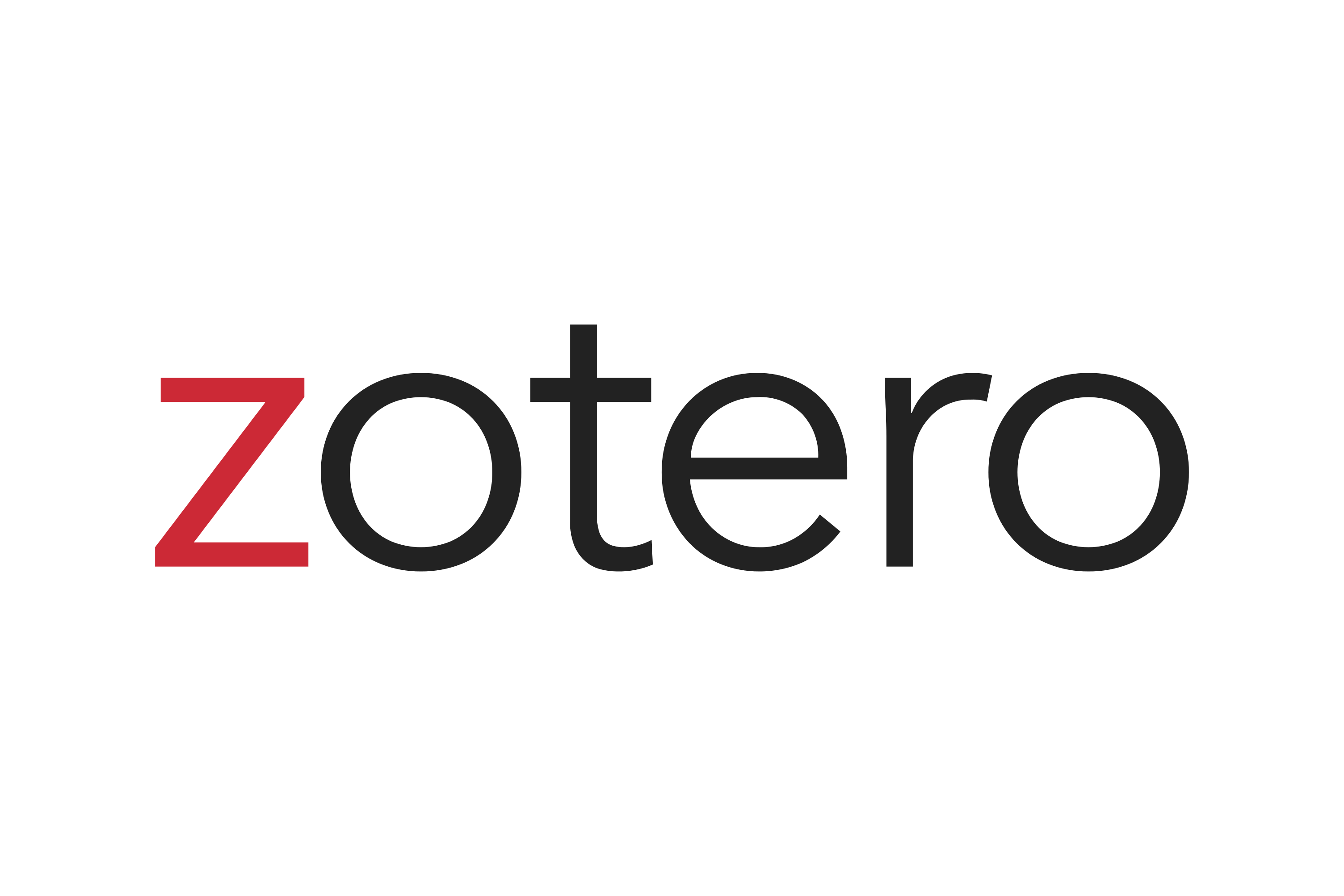Gratitude as The Foundation of Islamic Educational Values
Al-Qur'an Study Surah Al-Fatihah, Surah Luqman verse 12 and Surah Ibrahim versi 7
DOI:
https://doi.org/10.32678/alfath.v17i2.9419Keywords:
Graditute, Islamic Education Values, Al-Fatihah, Luqman, IbrahimAbstract
The teachings and instructions of the Qur'an relate to various concepts that are really needed by humans in navigating their lives in this world and in the hereafter. Gratitude is considered one of the foundations of Islamic education. Islamic education aims to instill values such as faith, worship and morals in individuals to become better humans. The type of research that the author uses in this research is literature study. In life, no matter how small something we receive we should be grateful. Unfortunately, not everyone is able to direct the thoughts in their minds to always be grateful for what we get every day. Al-Qur'an There are many benefits from being grateful and there are also many bad things if we are not grateful. The Qur'an also explains that gratitude is a result and goal of the creation of the universe and also the most important result of the creation of living creatures is gratitude to Allah SWT.
Downloads
References
Abdullah, A. S. (1991). Landasan dan Tujuan Pendidikan Islam Menurut al-Qur'an serta Implementasinya. Bandung: Diponegoro.
Ahmad, N., & Nugraha, R. (2018). Tafsir Ayat-Ayat Pendidikan: Menyikapi Pesan-Pesan Pendidikan dalam Al-Qur'an. Bandung: Marja.
an-Nusri, B.-Z. S. (2007). Bersyukurlah: Maka Allah akan Menambahkan Nikmatmu, Bersabarlah: Maka Allah akan Menolongmu. Surakarta: Indiva Pustaka.
Baihaki, E. S. (2016). Syukur dan Pujian menurut Muhammad Shaleh Darat As-Samarani: Kajian atas QS. Al-Fatihah [1]:[2]. Tafsir Faidh Ar-Rahman, 50-62.
Hanaco, I. (2012). The Miracle of Syukur. Jakarta: Laskar Aksara.
Harun, S. (2019). Tafsir Tarbawi: Nilai-nilai Pendidikan dalam Al-Qur'an. Tangerang Selatan: Lentera Hati.
Katsir, I. (1986). Tafsir Ibnu Katsir. Makkah al-Mukarramah: al-Makatabah al-Tijaryah.
Langgulung, H. (1992). Asas-Asas Pendidikan Islam. Jakarta: Pustaka al-Husna.
Listiawati. (2017). Tafsir Ayat-Ayat Pendidikan. Jakarta: Kencana.
Masruroh, L. (2016). Pendidikan Karakter: Perspektif Surat Luqman Ayat 12-19 & Ilmu Pendidikan. Yogyakarta: Samudra Biru.
Munirah, Marwati, & Hajar, A. (2022). Aktualisasi Nilai-Nilai Pendidikan Islam Dalam Pembentukan Akhlak Santri Di Pesantren. Jurnal Al-Ilmi: Jurnal Riset Pendidikan Islam, 63-70.
Nata, A. (2012). Tafsir Ayat-Ayat Pendidikan. Jakarta: Raja Grafindo Persada.
Rohmah, S., Bariyah, O. N., Kartika, R. F., & Mutiara, D. (2019). Ayat-ayat dan Hadits Pendidikan. Jawa Timur: Uwais Inspirasi Indonesia.
Shihab, Q. (2002). Tafsir al-Mishbah. Jakarta: Lentera Hati.
Syukur, A. (2019). Dahsyatnya Sabar, Syukur dan Ikhlas. Yogyakarta: Laksana.
Tobroni, & Arifin, S. (1994). Islam Pluralisme Budaya dan Politik: Refleksi untuk Aksi dalam Keberagaman dan Pendidikan Islam. Yogyakarta: SI Press.
Uwes, S. (1999). Pendidikan dan Perspektif Islam. Makalah Workshop Dosen Fak. Tarbiyah IAIN Bandung pada Pembinaan Program D2, 1.
Zamhari, M., & Sardi. (2017). Syukur dan Kufur. Bekasi: Asoka Ilmu.
Zed, M. (2014). Metode Penelitian Kepustakaan. Jakarta: Yayasan Pustaka Obor Indonesia.
Downloads
Published
How to Cite
Issue
Section
License
Copyright (c) 2023 Andryan Fitryansyah Muhammad

This work is licensed under a Creative Commons Attribution-ShareAlike 4.0 International License.
Copyright Notice

Al-Fath: http://jurnal.uinbanten.ac.id/ is licensed under a Creative Commons Attribution-ShareAlike 4.0 International License
An author who publishes in Al-Fath agrees to the following terms:
- Author retains the copyright and grants the journal the right of first publication of the work simultaneously licensed under the Creative Commons Attribution-ShareAlike 4.0 License that allows others to share the work with an acknowledgment of the work's authorship and initial publication in this journal
- Author is able to enter into separate, additional contractual arrangements for the non-exclusive distribution of the journal's published version of the work (e.g., post it to an institutional repository or publish it in a book) with the acknowledgment of its initial publication in this journal.
- Author is permitted and encouraged to post his/her work online (e.g., in institutional repositories or on their website) prior to and during the submission process, as it can lead to productive exchanges, as well as earlier and greater citation of the published work (See The Effect of Open Access).
Privacy Statement
The names and email addresses entered in this journal site will be used exclusively for the stated purposes of this journal and will not be made available for any other purpose or to any other party.









